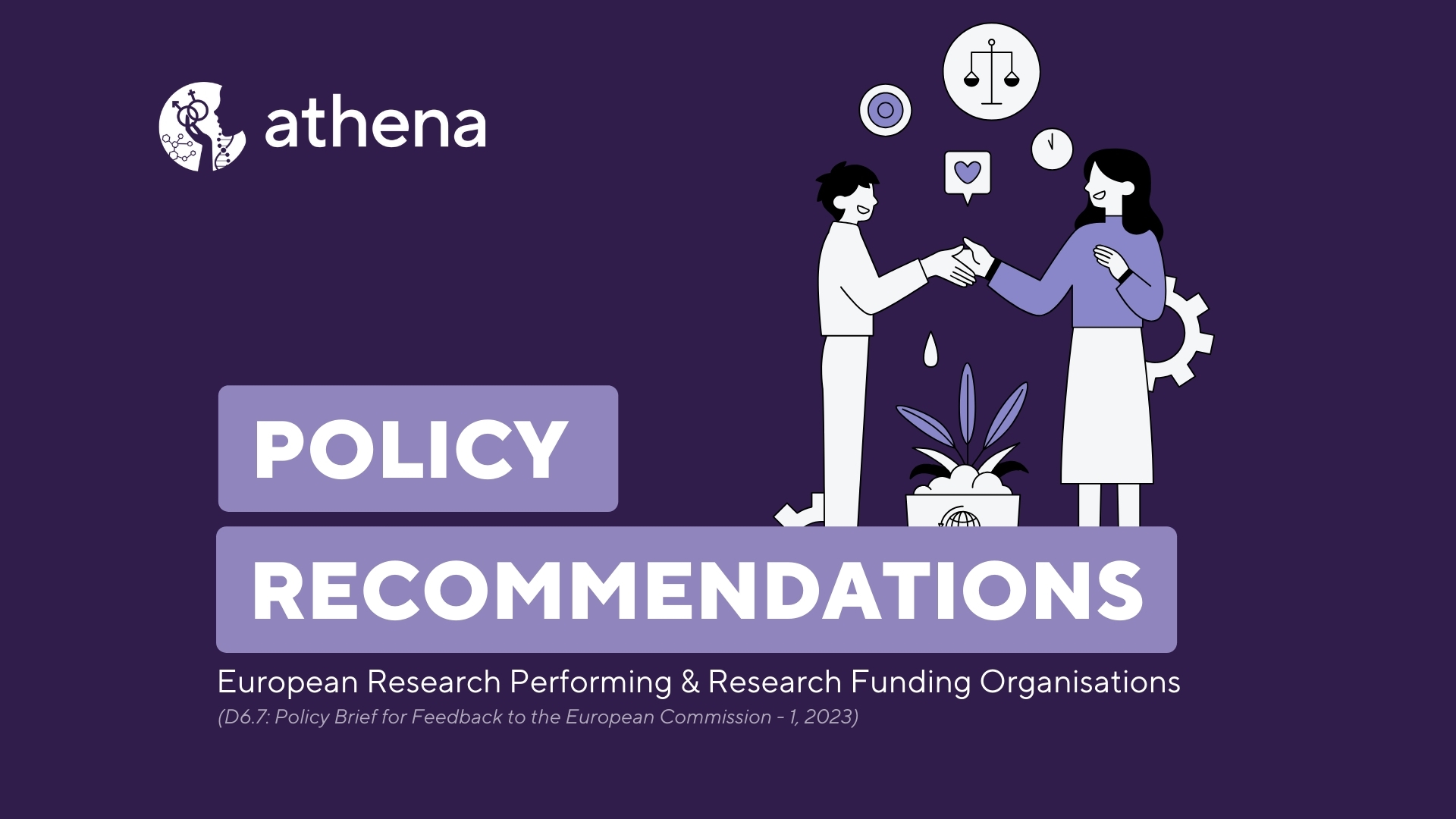
Can We Have Research Excellence Without Gender Equality?
Reflections from the ATHENA Policy Event at the European Parliament
What happens when researchers, policymakers, and EU leaders sit around the same table to discuss the future of gender equality in science? On May 13th, 2025, the ATHENA project brought that conversation to the European Parliament — and the message was clear: gender equality isn’t just a matter of fairness, it’s a cornerstone of research excellence and innovation.
The policy event gathered over 80 participants in both formats from across Europe — including Members of the European Parliament (MEPs), representatives of the European Commission, researchers, and project partners — to discuss how Gender Equality Plans (GEPs) can create lasting institutional change, especially in Widening countries and regions.
“Let us move from principle to practice.”
– MEP Paulo do Nascimento Cabral
Opening the event, MEP Paulo do Nascimento Cabral emphasised that gender equality is not just ethical — “it is critical to the quality, relevance and competitiveness of our research and innovation systems.” He pointed to stark disparities: women make up just 3.4% of scientists and engineers in the EU workforce, and only one in four patents involve women.
Yet, women are the majority in European universities. “It makes no sense that this is not reflected in the labour market” he stated. The European Parliament, he added, is actively working to mainstream gender in all its committees.
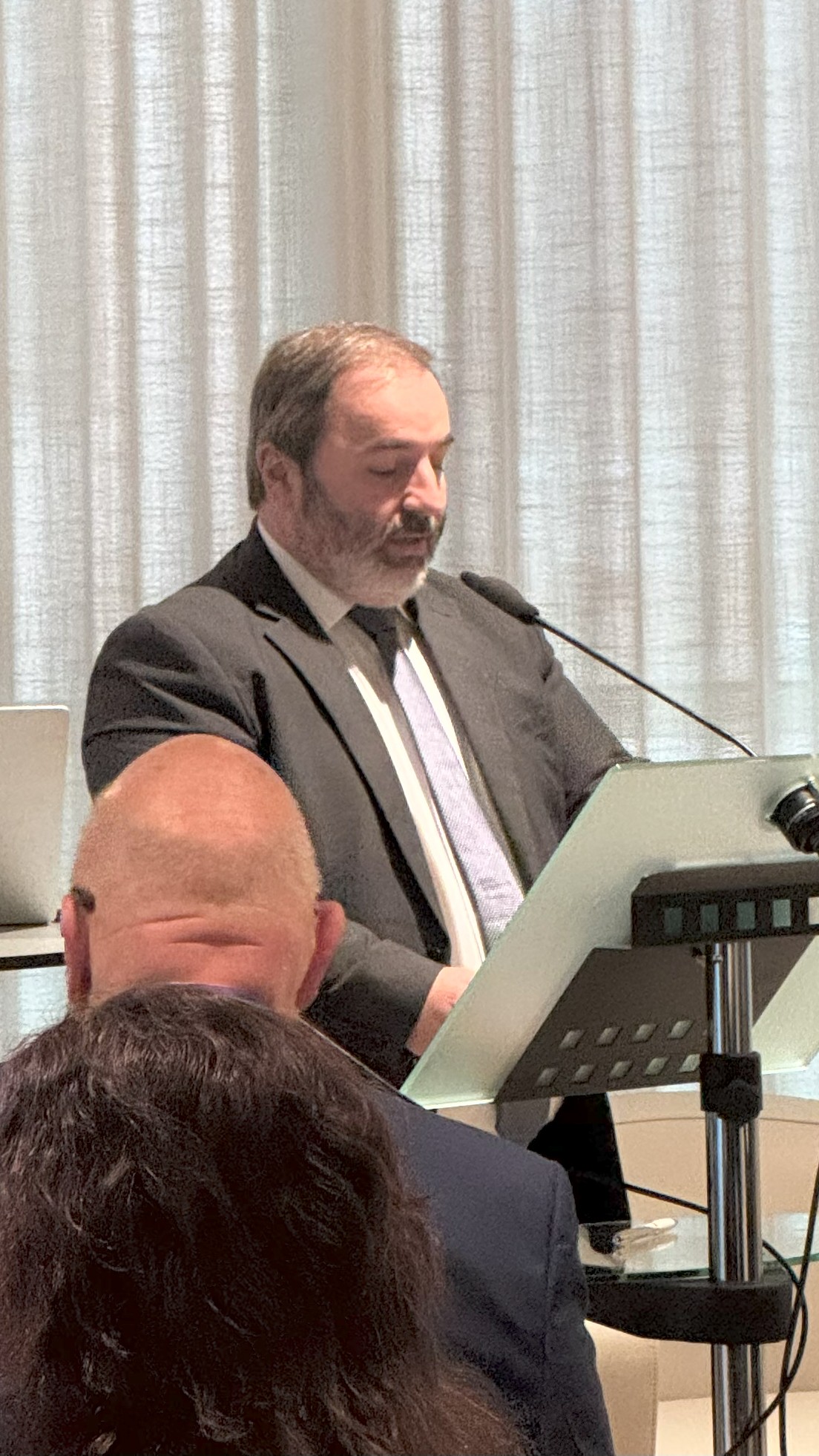
“Gender equality is not an optional add-on — it is a driver.”
– Joanna Drake, Directorate General for Research and Innovation (DG RTD)
Joanna Drake, Deputy Director-General at the European Commission’s DG RTD, delivered a compelling keynote grounded in evidence from the latest ‘She Figures’ report.
“Women account for just 9% of inventors, a number unchanged for over a decade… Only 22% of doctoral graduates in ICT are women.”
She praised the ATHENA project for highlighting the challenges faced by “smaller, younger, and remote institutions,” which hold potential as “champions for regional transformation.” Drake underscored that Horizon Europe’s eligibility rules, mandating GEPs, are already driving institutional change — such as in the Czech Republic, where adoption of GEPs rose from 11% to 89% in three years.
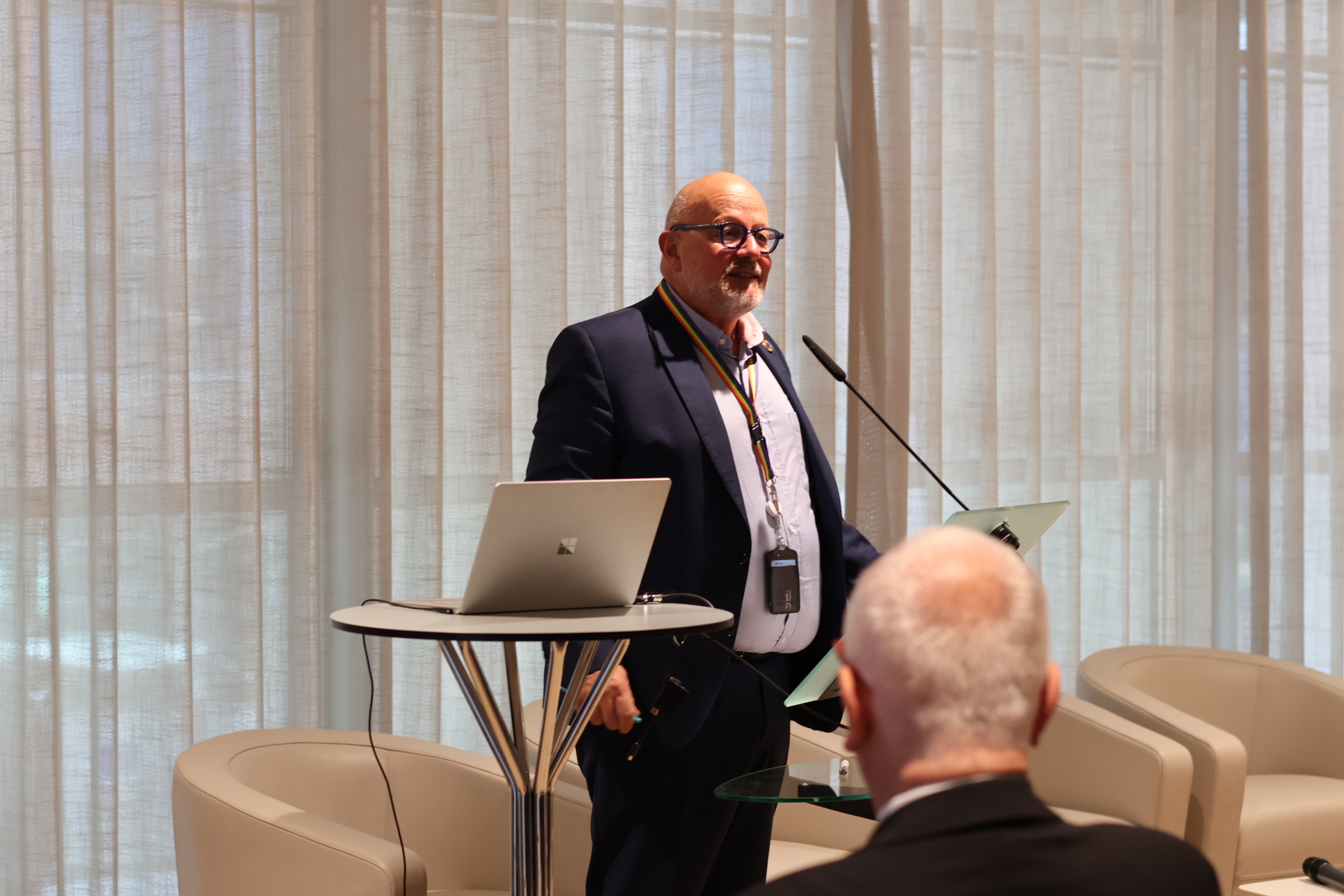
“Gender equality is not ideology. It’s a fundamental right.”
– Marc Angel, MEP
In a passionate intervention, MEP Marc Angel warned of rising backlash:
“Across Europe and beyond, gender equality is under attack… We are witnessing a coordinated campaign to re-entrench patriarchy under the guise of tradition—and it is working.”
The MEP argued that the EU must respond by strengthening, monitoring, and enforcing GEPs, funding them unapologetically, and embracing intersectionality. Marc Angel called gender equality in science a “test of our values,” urging unity across borders and movements.
Inside ATHENA: A Roadmap for Structural Change
ATHENA Project Coordinator Michelle Perello walked participants through the project’s journey:
“We started more than four years ago… involving ten partners, eight of which were research-performing or funding organisations, from Central and Eastern Europe, and outermost regions like the Azores and Canary Islands.”
Michelle described how GEPs were developed through gender audits, focus groups, and inclusive design, aiming to embed change at all institutional levels. But challenges remain — especially for smaller or under-resourced organisations, where GEPs can be reduced to a formality rather than a tool for change.
Measuring What Matters: Linking Equality and Performance
This session connected gender equality to research performance.
Kateřina Svíčková (DG RTD) highlighted:
- The share of women-led consortia rose from 24% in Horizon 2020 to 30% in Horizon Europe
- Women now represent 38% of researchers in Horizon Europe, above the EU average of 34%
Katerina also cited tools like the Horizon Results Booster that support long-term impact and collaboration.
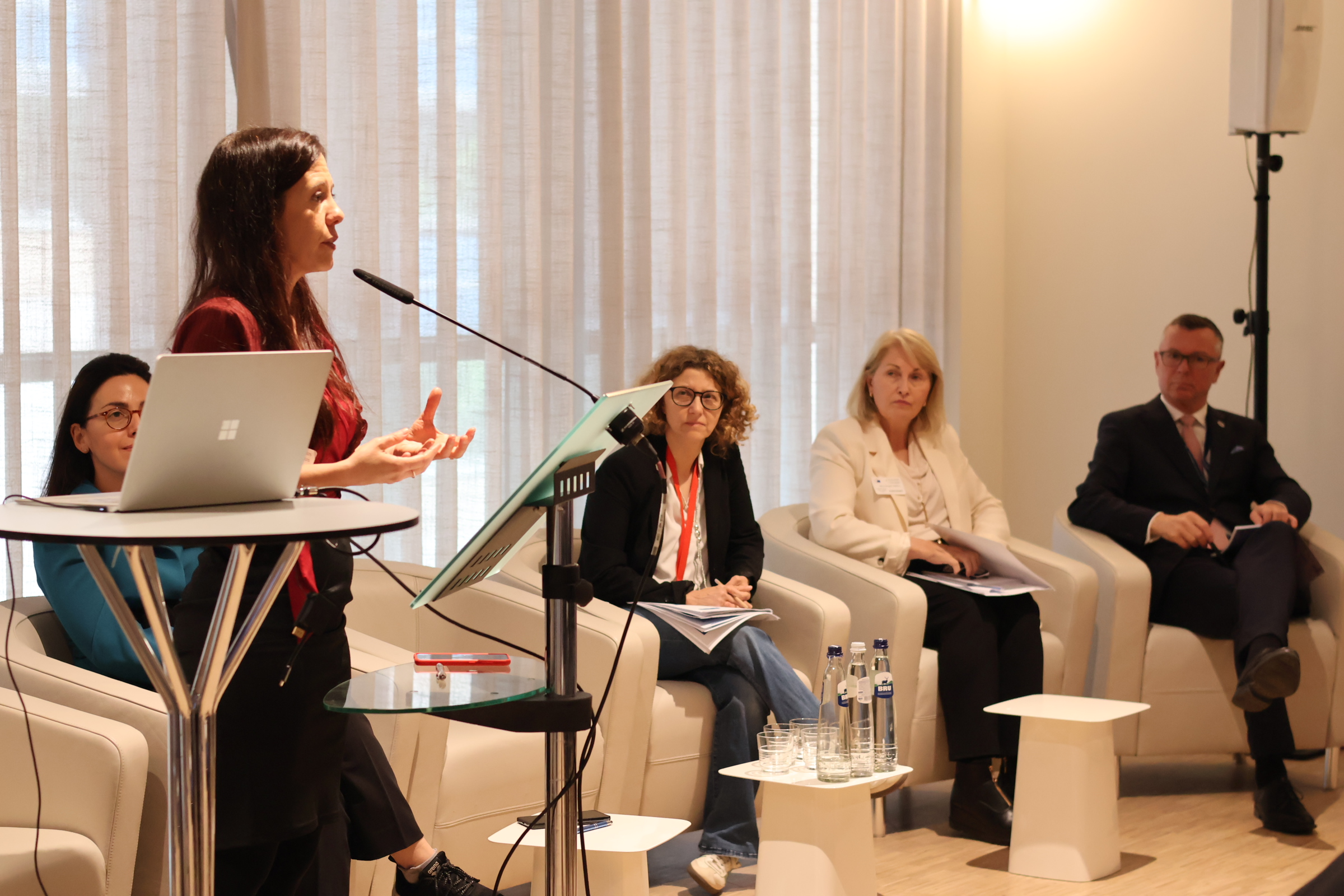
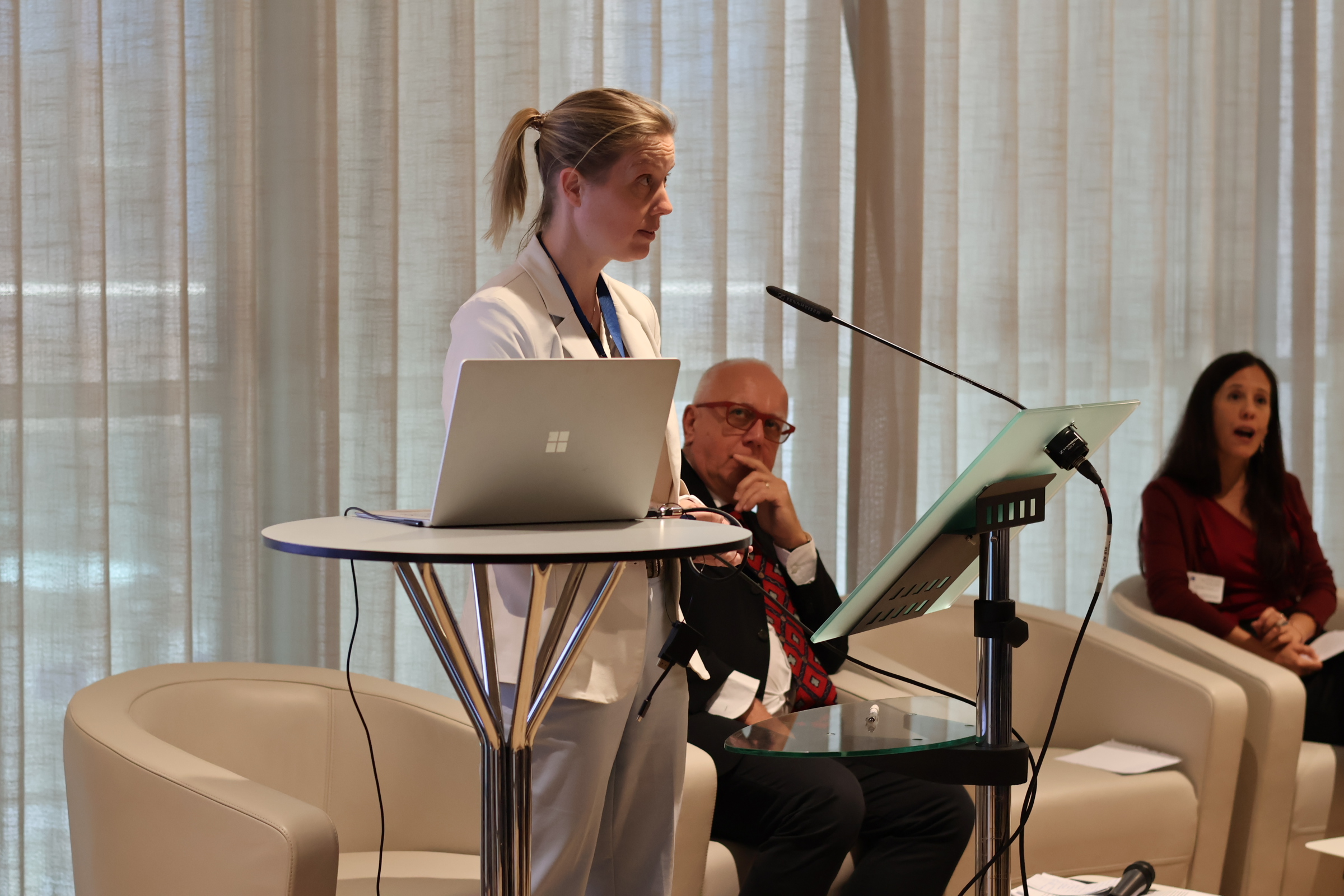
Ana Kaminska (Jan Kochanowski University) stressed that GEPs must be more than policy on paper:
“Cultural biases lead to GEPs being seen as external or formal. To drive change, they must be a pace-setter for institutional reflection and a learning process.”
Ana highlighted that one of the key messages of our Policy Briefs is to highlight the importance of systematically collecting, analysing and monitoring data on the impact of gender equality plans and actions to provide evidence at the institutional level of the positive link between gender equality and research excellence.
MEP Eleonora Meleti challenged the audience:
“Success for whom? If half of our society—women—still face invisible walls in leadership and research, then our success is incomplete.”
Elenora called for mandatory GEPs, mentoring programmes, and stronger work-life balance policies.
Bridging Gaps: Gender Equality in Remote and Rural RPOs
Addressing the unique needs of smaller, rural, and outermost research institutions, speakers emphasised that context matters.
- Michelle Perello: “Talented women are still dropping out of the academic pipeline in places where structural and cultural barriers persist.”
- Clelia Cascella (University of Manchester): “Place” is not just geographic — it’s cultural. Gender strategies must reflect that.
- Prof. Maura Farrell (FLIARA project): “If we leave these women out of the conversation, we do a disservice to research.”
- Laura de Dominicis (Directorate-General for Regional and Urban Policy): Regional-level data shows life satisfaction disparities between men and women across the EU.
- Dan Rune Olsen (Young European Research Universities Network): “If we do not have gender equality, we will not be as good. Research performance must be assessed holistically.”
Closing Words: from ambition to action
In his closing remarks, Paulo do Nascimento Cabral reminded participants that “gender mainstreaming is not about preference—it’s about removing barriers,” and called on institutions to work together for a more resilient and inclusive research system.
Gender equality must remain at the core of research policy, practice, and funding—not just in principle, but in daily institutional life.
- GEPs need real commitment, not just compliance.
- Structural change requires data, leadership, and resources.
- Supporting Widening countries and remote regions strengthens the entire European Research Area

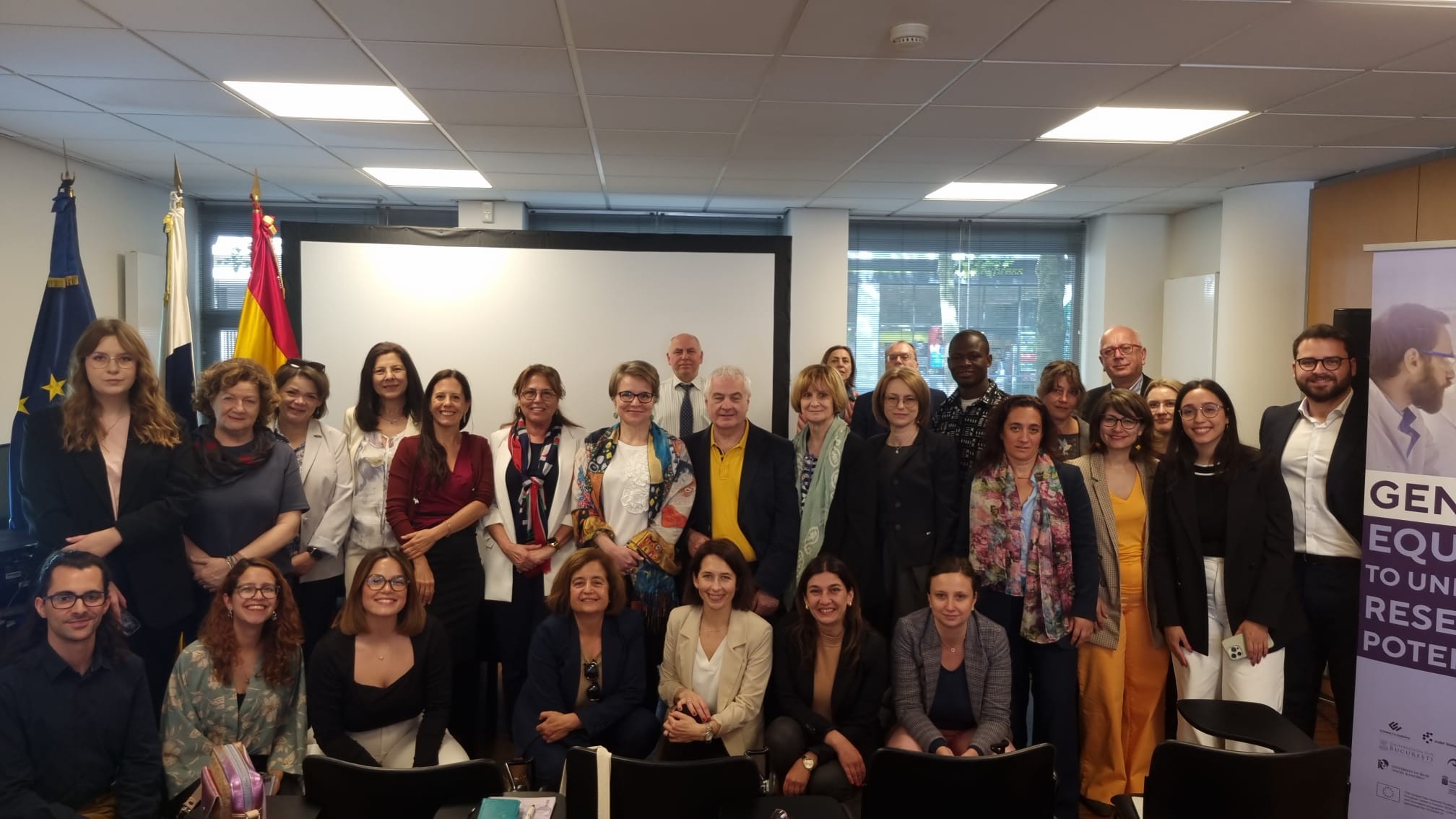
![[PRESS RELEASE] ATHENA Hosts High-Level Discussions on Gender Equality in European Research](https://www.athenaequality.eu/wp-content/uploads/2025/03/PRESS-RELEASE-1.jpg)
